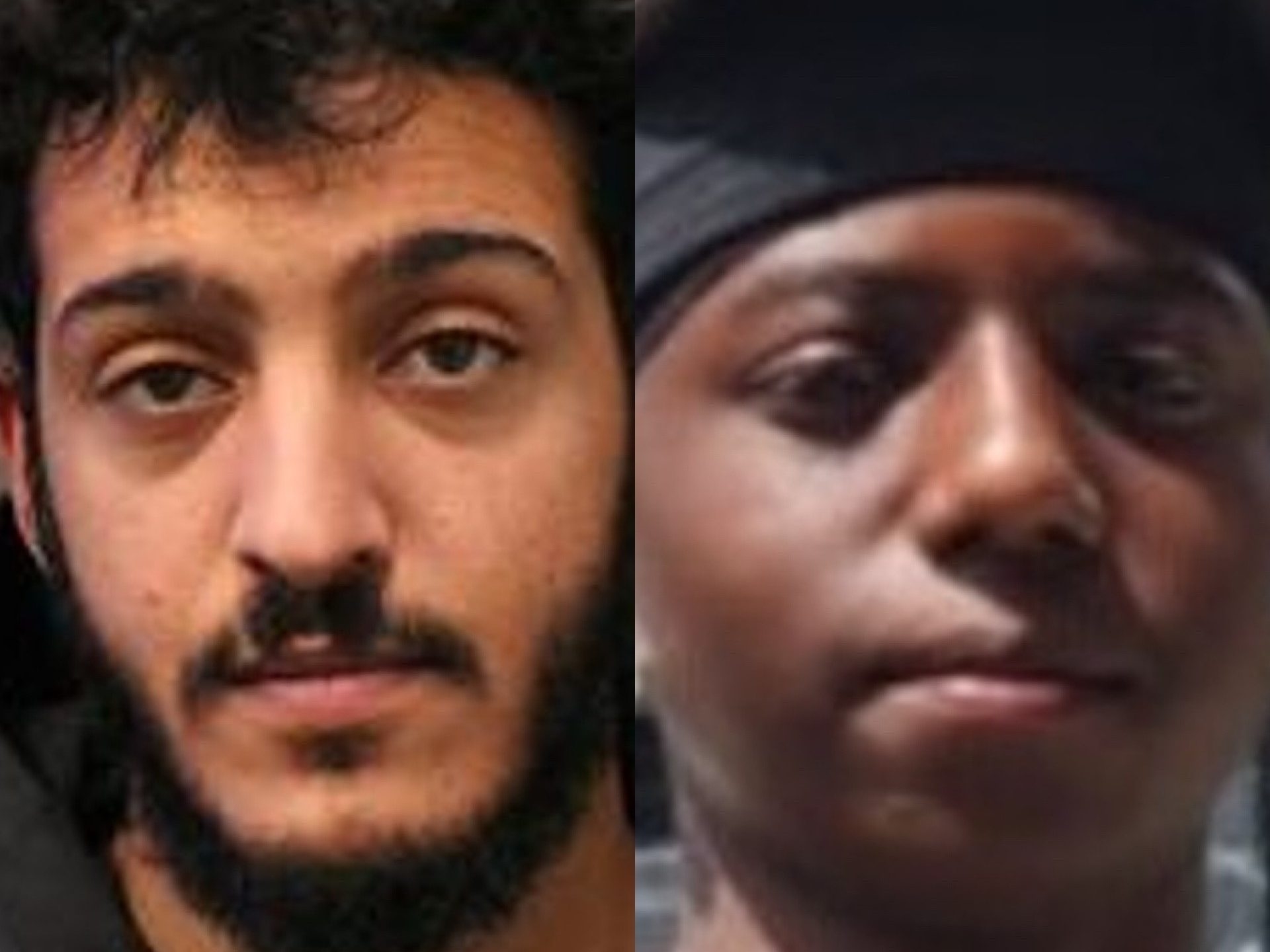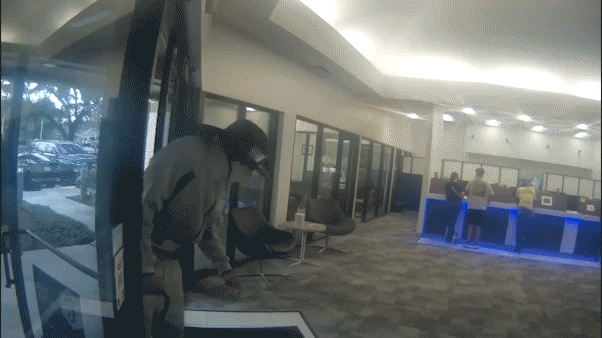A chilling case is unfolding in California, igniting a firestorm of controversy over a judge’s decision to release a man accused of murder without bail. Vicente Aguilera-Chavez, identified as a gang member, walks free despite being charged in a 2017 shooting that claimed the life of a 21-year-old and injured another.
The shooting occurred in the parking lot of a Sunnyvale nightclub, a scene of sudden violence that remained unsolved for years. Detectives with the Sunnyvale Department of Public Safety finally identified Aguilera-Chavez and Agustin Sandoval as suspects in 2024, bringing a glimmer of hope to the victim’s family.
However, that hope has been overshadowed by the actions of Judge Hector Ramon, who released Aguilera-Chavez on his own recognizance during a recent hearing. This means the suspect is not required to pay any money to secure his freedom while awaiting trial, a decision that has sparked outrage from law enforcement and the District Attorney.
Santa Clara County District Attorney Jeff Rosen expressed profound concern, stating he was “shocked” by the judge’s decision. He emphasized Aguilera-Chavez’s documented gang affiliation and a prior criminal record, including offenses both before and after the alleged murder.
The District Attorney’s office immediately filed a motion urging Judge Ramon to reconsider, arguing that releasing a suspect accused of such a violent crime is a dangerous gamble. They pointed to the brazen nature of the shooting – a stranger murdered in public for simply speaking out – as evidence of the risk he poses.
Aguilera-Chavez’s defense attorney, Jennifer Redding, countered that there is no evidence linking her client to the shooting and that he has strong community ties. She argued that supervised release conditions would be sufficient to ensure his appearance in court and the safety of the public.
But law enforcement officials paint a different picture. Sunnyvale Department of Public Safety Lt. Devon Klein revealed a troubling pattern, accusing Judge Ramon of repeatedly releasing repeat offenders back into the community. He described the judge himself as a “repeat offender” in this practice.
The case raises fundamental questions about public safety and the balance between due process and the potential for further violence. The community now waits, bracing for the outcome of the District Attorney’s motion and the unfolding trial, while grappling with the unsettling reality of an alleged murderer walking free.
Aguilera-Chavez had previously served time for burglary, completing his sentence in 2022. This history, combined with the serious nature of the current charges, fueled the District Attorney’s strong opposition to the judge’s decision.
The court has declined to comment on the matter, leaving many unanswered questions and a growing sense of unease. The fate of Aguilera-Chavez, and the safety of the community, now hangs in the balance.






